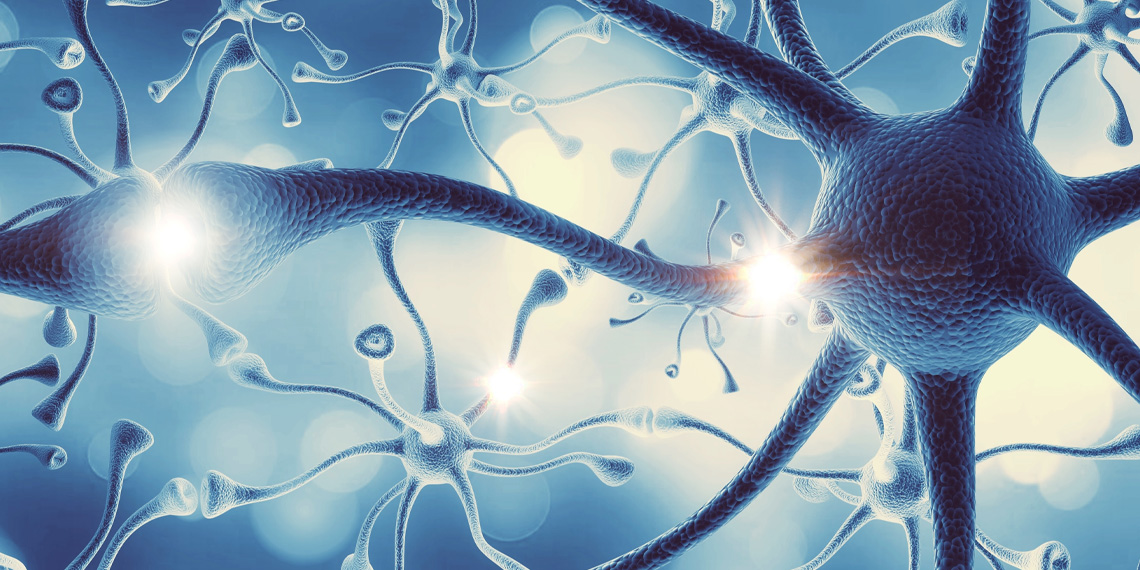Scientists have recently discovered that caffeine may counteract some of alcohol’s effects on the brain’s reward system, particularly by blocking certain dopamine responses typically triggered by alcohol. Their new study, published in Translational Psychiatry, provides evidence that caffeine can prevent the production of specific brain chemicals linked to alcohol’s rewarding effects, highlighting caffeine’s potential as a preventative tool in addressing alcohol addiction.
The study’s rationale centered on exploring how caffeine might disrupt alcohol’s effects on the brain’s mesolimbic dopaminergic pathway, which is crucial for processing reward and reinforcing addictive behaviors. This pathway includes the ventral tegmental area and the nucleus accumbens, areas where dopamine release creates feelings of pleasure and reward.
When alcohol is consumed, it triggers dopamine release along this pathway, reinforcing the behavior and making it more likely to be repeated. This dopamine surge is a fundamental component in the development of alcohol dependence, as it encourages repeated use by making alcohol consumption feel rewarding.
Caffeine, on the other hand, affects the brain differently by blocking adenosine receptors, specifically A2A receptors, which play a role in moderating dopamine activity. By antagonizing A2A receptors, caffeine can potentially reduce excessive dopamine signaling in the mesolimbic pathway. Researchers were intrigued by the possibility that caffeine, through its action on these receptors, might weaken or even prevent the dopamine release normally triggered by alcohol.
“In 2020, we demonstrated that caffeine could prevent some behavioral and biochemical effects of alcohol in rodents,” explained study author Riccardo Maccioni, a postdoctoral associate at the Scripps Research Institute.
“We hypothesized that this antagonism of caffeine towards alcohol’s activity might be mediated by an action on the mesolimbic dopaminergic pathway, which has been strongly implicated in reward processes and in the initial phases of drug addiction. When this pathway is activated, dopamine is released into some critical brain areas and reward is perceived. Hence, in this last study, we explored if and how caffeine can effectively prevent alcohol-mediated activation of this fundamental reward pathway.”
“The first studies about the topic originated at University of Cagliari (Italy), my hometown university, under the supervision of Professor Elio Acquas. This follow up study is the result of a fruitful collaboration between the Scripps Research Institute (where I am currently employed), the University of Cagliari (where I was previously employed), the University of California San Diego (UCSD) and the University of Sassari (Italy).”
The researchers studied male rats and examined the effects of caffeine on the release of dopamine and other substances in the brain when alcohol was present. The rats were divided into groups that received different treatments: some were given alcohol alone, some received both alcohol and caffeine, and others were given selective drugs that block certain adenosine receptors to compare with caffeine’s effects. The researchers measured dopamine levels and brain chemicals, focusing on the nucleus accumbens and on dopamine neuron activity in the ventral tegmental area.
The results showed that caffeine effectively blocked dopamine surges triggered by alcohol, especially in the nucleus accumbens. Additionally, caffeine prevented the formation of a chemical called salsolinol, which is associated with alcohol’s rewarding effects, and could also interfere with the stimulation of dopamine neurons that was otherwise provoked by alcohol.
The researchers also conducted a metabolomics analysis, which looks at small molecules in the brain, to find out if caffeine affected other pathways. They discovered that caffeine prevented alcohol-induced changes in lipid signaling molecules, which are critical for brain cell function and communication. Lipid signaling alterations have been linked to the reinforcement effects of addictive substances, and caffeine’s interference with these changes points to a potential role in disrupting the reward cycle of addiction.
“In rodents never exposed to alcohol before, low doses of caffeine prevent the process of activation of the mesolimbic dopaminergic pathway by alcohol through a mechanism of action that involves specific receptors and alcohol’s metabolism,” Maccioni told PsyPost. “In particular, caffeine prevents the release of dopamine in a specific brain area that mediates reward, potentially inducing a decreased perception of the pleasant effects of alcohol in the subjects pre-exposed to caffeine before alcohol. Hence, doses of caffeine comparable to those consumed by humans, could protect against some alcohol’s effects that might trigger very dangerous addictive behavioral alterations.”
Even when researchers introduced salsolinol and morphine directly to see if they could activate dopamine independently of alcohol, caffeine still managed to block their effects. This outcome suggests that caffeine’s blocking activity is broad enough to inhibit dopamine release from various triggers beyond alcohol.
“What is surprising is that, not only caffeine prevented alcohol-induced activation of this reward pathway, but it showed the same effect even when morphine was administered, pointing out an effect way broader and promising than expected,” Maccioni said.
The study highlights caffeine as a promising candidate in preventing dopamine-driven responses to alcohol. However, the study also had some limitations. It was conducted exclusively on male rats and only considered the initial stages of exposure to alcohol, rather than the longer-term stages of addiction. The researchers acknowledged the need to expand these findings.
“The study should be replicated in females to monitor sex-specific effects,” Maccioni explained. “Moreover, the subjects used in the study were never exposed to alcohol before. It’d be interesting to see the effects of caffeine on animals that are already dependent to alcohol. We’d like to address these limitations. After that, we’d be interested in verifying whether this study can provide insightful suggestions on potential therapeutic targets for alcohol use disorder.”
The study, “Receptor and metabolic insights on the ability of caffeine to prevent alcohol-induced stimulation of mesolimbic dopamine transmission,” was authored by Valentina Bassareo, Riccardo Maccioni, Giuseppe Talani, Simone Zuffa, Yasin El Abiead, Irene Lorrai, Tomoya Kawamura, Sofia Pantis, Roberta Puliga, Romina Vargiu, Daniele Lecca, Paolo Enrico, Alessandra Peana, Laura Dazzi, Pieter C. Dorrestein, Pietro Paolo Sanna, Enrico Sanna, and Elio Acquas.




